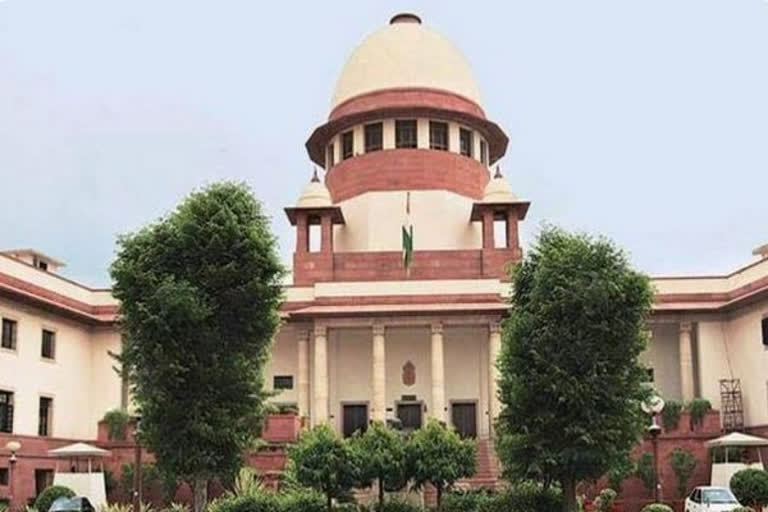New Delhi: The Supreme Court said on Thursday the right to establish educational institutions is a fundamental right on which the State can impose reasonable restrictions only by a law and not an executive instruction. The significant verdict of the apex court came on a batch of appeals filed by the Pharmacy Council of India (PCI) challenging three similar but separate verdicts of the high courts of Chhattisgarh, Delhi and Karnataka.
The high courts had allowed the pleas of several pharmacy institutions against the July 17 and September 9 resolutions of PCI putting a moratorium on opening of new pharmacy colleges in the country. A bench comprising justices B R Gavai and P S Narasimha upheld the high court verdicts and dismissed the appeal of the PCI assailing these judgements, saying the right to impose restrictions on opening new pharmacy colleges cannot be exercised merely by an executive action.
Though there is a fundamental right to establish educational institutions, the same can be subject to reasonable restrictions, which are found necessary in the general public interest... reasonable restrictions on such a right can be imposed only by a law and not by an execution instruction, Justice Gavai, writing the judgement for the bench, said.
It said the view taken by the High Courts of Karnataka, Delhi and Chhattisgarh lays down the correct position of law. The judgement said executive instructions cannot be used to impose restrictions on the fundamental right to establish educational institutions under Article 19(1)(g) of the Constitution and held that the appeals of PCI are liable to be struck down on this short ground.
Before parting, we may observe that there could indeed be a necessity to impose certain restrictions so as to prevent mushrooming growth of pharmacy colleges. Such restrictions may be in the larger general public interest. However, if that has to be done, it has to be done strictly in accordance with law. If and when such restrictions are imposed by an Authority competent to do so, the validity of the same can always be scrutinized on the touchstone of law..., it said.
